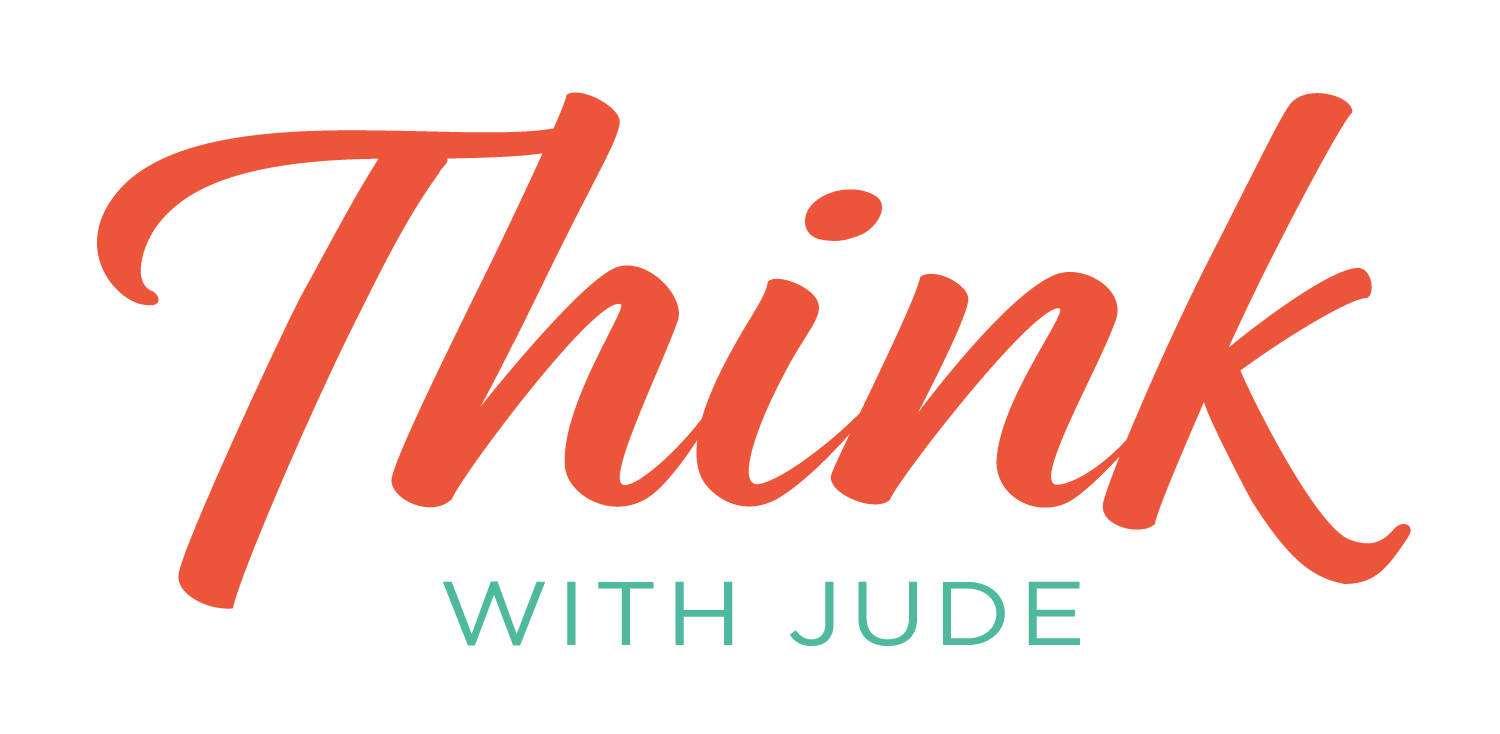The question that changes everything
“If you knew you couldn’t fail what would you do?”
My friend at secondary school used to have this quote up in her room and it often comes to me when I’m working with my clients. Even just thinking it myself brings a rush of thinking, filled with lots of ideas of what I would do. And I find if I do one of those things immediately a momentum builds and I feel good about doing something.
It’s a great example of what Nancy Kline has coined as an Incisive Question™, a question that removes assumptions that limit our ability to think clearly and creatively.
This is how it works.
Say your team member comes to you and says they need you to take over the big presentation for them because they can’t do it, they’d just mess it up.
Now, you could reassure them and tell them they’ve done great presentations in the past, they know their stuff and they’ll be fine, but I bet you 9 times out of 10 they’ll bottle it at the last minute and it will you up there instead of them.
Except in emergency situations our brains don’t like being told what to do, they prefer to think and this is the beauty of using a question to help people overcome their fears.
And when I say fears what I mean more specifically is assumptions. When we make an assumption about a situation it can limit our thinking.
So in this instance where your team member has come to you saying they can’t do this presentation and they need you to do it for them because they will just mess it up, you could try asking:
If you knew you couldn’t mess this up (the assumption) how would you approach this presentation (the goal)?
And see what pops out.
This also works when you do it on yourself. If you find yourself getting stuck and not sure what to do next, ask yourself what assumption you’re making about your goal or issue that is most stopping you.
And then ask yourself an Incisive Question™ replacing your limiting assumption with something that is true and liberating instead.
- If you knew you were infinitely resourceful what would you do now?
- If you knew you were trusted how would you proceed?
- If you knew you were loved what would you do next?
- If you knew you were valued how would you take this forward?
Get in touch and let me know how this goes for you. And remember to keep it simple.
The Ten Components of The Thinking Environment
Attention
Listening with palpable respect and genuine interest, and without interruption
Equality
Treating each other as thinking peers; giving equal turns and attention; keeping boundaries and agreements
Ease
Offering freedom from internal rush or urgency
Encouragement
Giving courage to go to the cutting edge of ideas by moving beyond internal competition
Incisive Questions™
Removing untrue assumptions that limit our ability to think for ourselves well
Feelings
Allowing sufficient emotional release to restore thinking
Appreciation
Offering genuine acknowledgement of a person’s qualities; practicing a ratio of 5:1 appreciation to challenge
Information
Supplying the facts; recognising social context; dismantling denial
Difference
Welcoming diverse group identities and diversity of thinking
Place
Creating a physical environment that says back to people, ‘You matter’




